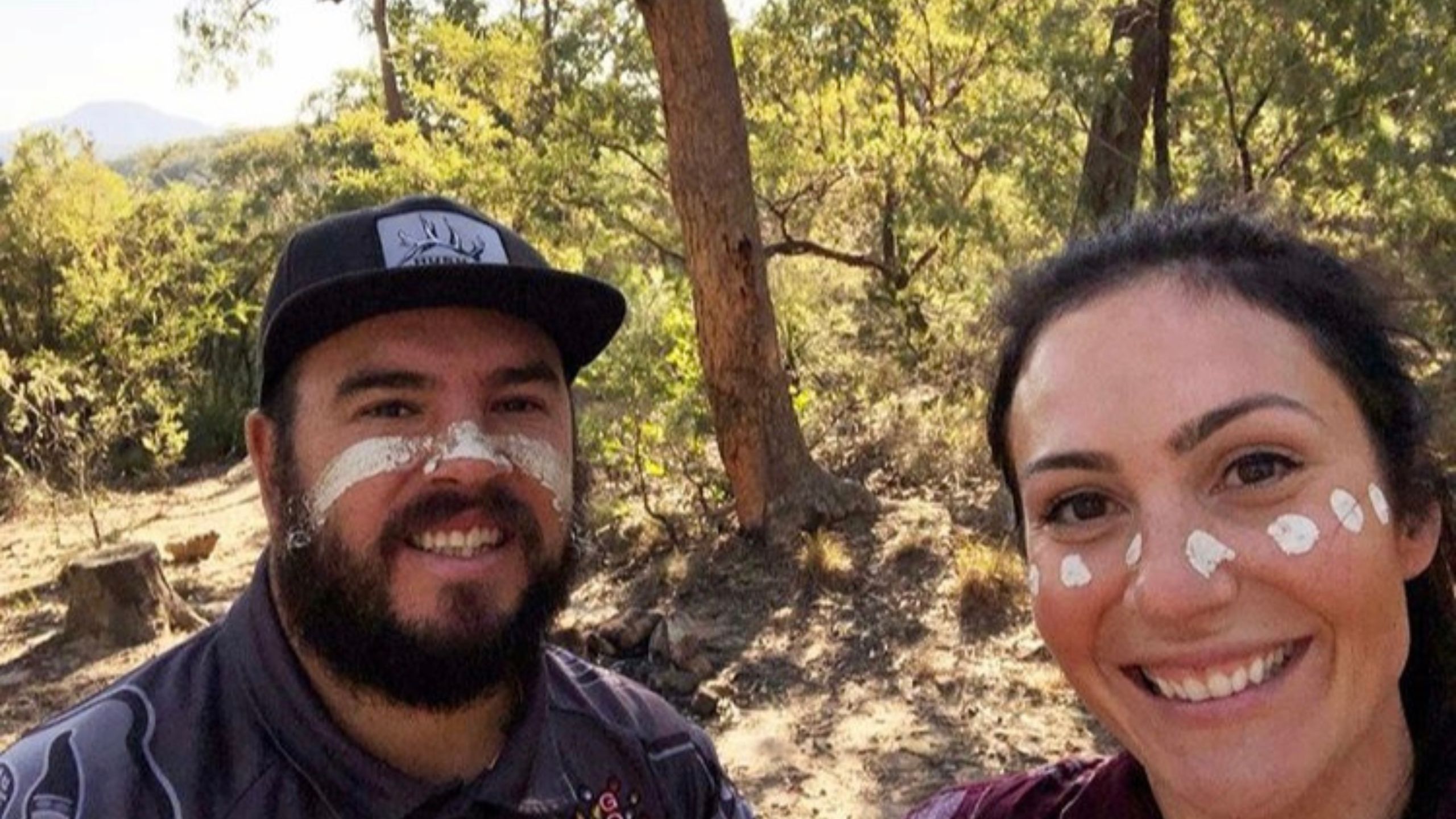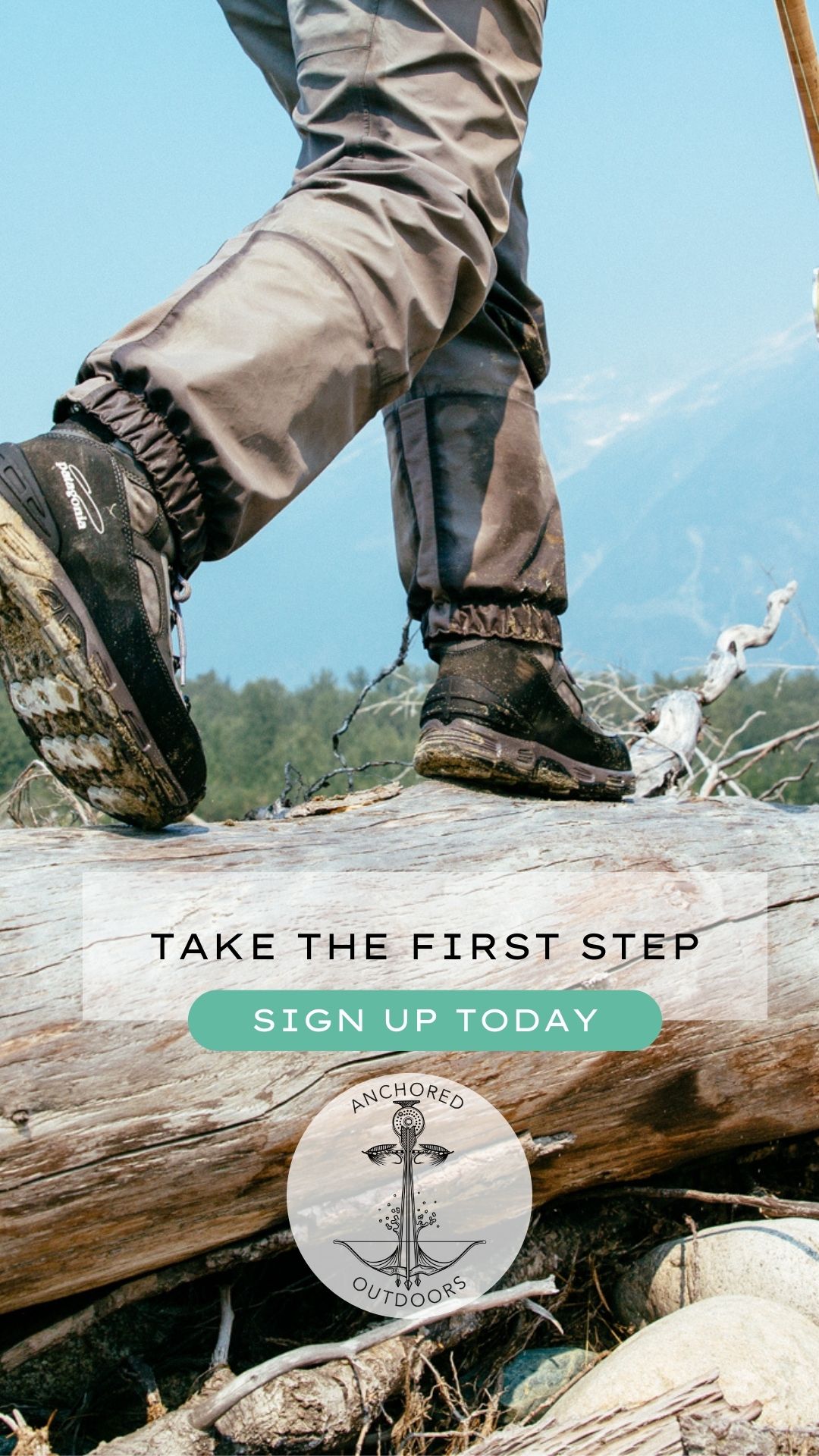Seven years ago, I fell in love with an Australian, and while my affection for the country was genuine, my perception of New South Wales was limited to busy streets, challenging hunting access, and seemingly endless sporting events. However, all of that changed when I had the privilege of meeting Nigel Millgate, a proud Karulkiyalu man of the Ngemba Nation.
In the past decade, Nigel has dedicated himself to empowering indigenous communities across Australia through culture, education, employment, and youth suicide prevention. I was introduced to him by mutual friends, and I immediately took him up on his offer to learn more about his rich culture.
Our goal had been to find somewhere quiet to sit down and record a podcast, but the day quickly got away from us as we bounced from site to site. Nigel explained that much of what he was sharing with me couldn’t be filmed, a stipulation that only made our time together more special. Here’s what I was able to film:
On the day of our adventure, we ventured into Yengo National Park to explore ancient Aboriginal sites. Nigel revealed that some of these sites dated back around 5,000 years, making them as old as the Egyptian pyramids. He explained the significance of the Sydney golden wattle’s blossoming, indicating the movement of mullet fish and caterpillars, all serving as a natural clock for Aboriginal people deeply connected to the land.
Before entering hidden sacred sites, Nigel plucked yellow eucalyptus leaves to cleanse ourselves. This cleansing ritual involved thinking about and releasing any negative experiences or troubles into the smoke. According to Nigel, the smoke would carry these burdens to the Milky Way, where the old people would take care of them. This ancient practice served not only as a purification but also as a protection against negative energies.
As we explored various aspects of Aboriginal culture, Nigel shared the importance of dot painting. Aboriginal dot painting originated in a place called Papaya in the Northern Territory, and it has become a symbol of Indigenous identity. The dots in these paintings hold multiple meanings, representing stories, connections, and history. Nigel emphasized the obligation of Indigenous people to preserve and share these stories with others.
During our journey, we encountered ancient engravings on rocks, some dating back over 5,000 years. Nigel explained that these markings served as a way for people to sign into their connection with the land, akin to signing in at a school or office. These engravings were a mark of respect and reverence for the sacred sites. One particularly intriguing figure depicted a man with a boomerang, signifying the protector or guardian of the site. Nigel emphasized the significance of respecting these sites and the consequences for those who did not.
As the day came to an end, we engaged in a boomerang-throwing lesson. Nigel patiently taught me the techniques, emphasizing the importance of following through and maintaining focus. Despite my initial struggles, it was a fun and educational experience that left me with a newfound appreciation for the skill and craftsmanship of Aboriginal tools.
My time with Nigel was a transformative journey into Australia’s ancient Aboriginal culture. It revealed the deep connection between Indigenous people and their land, their commitment to preserving traditions, and their willingness to share their stories with others. Through experiences like these, we can gain a greater understanding of who they are, the challenges they’ve faced, and the path they walk toward a brighter future.





